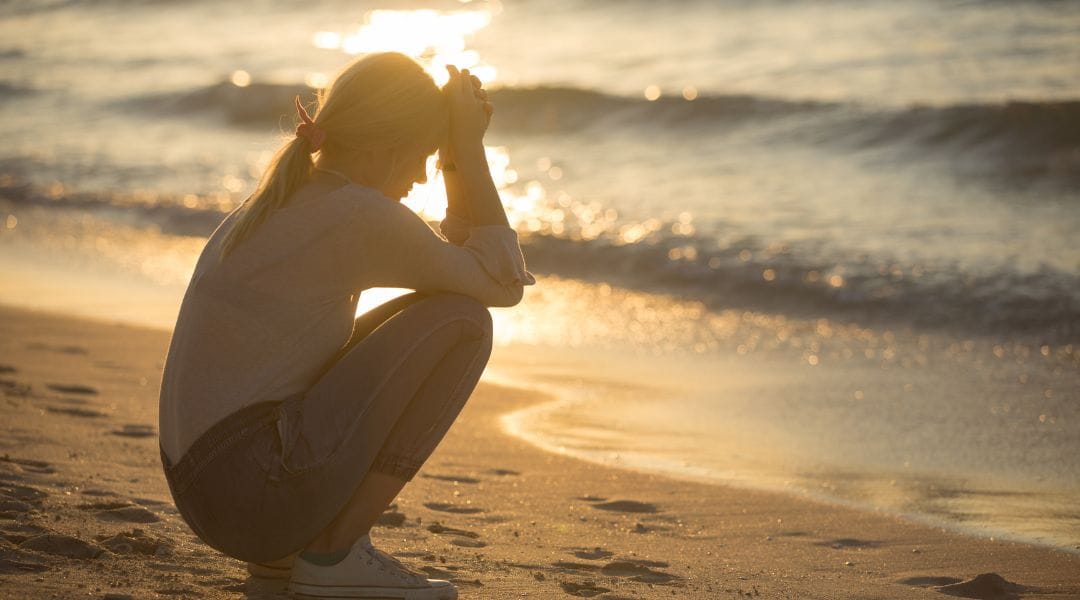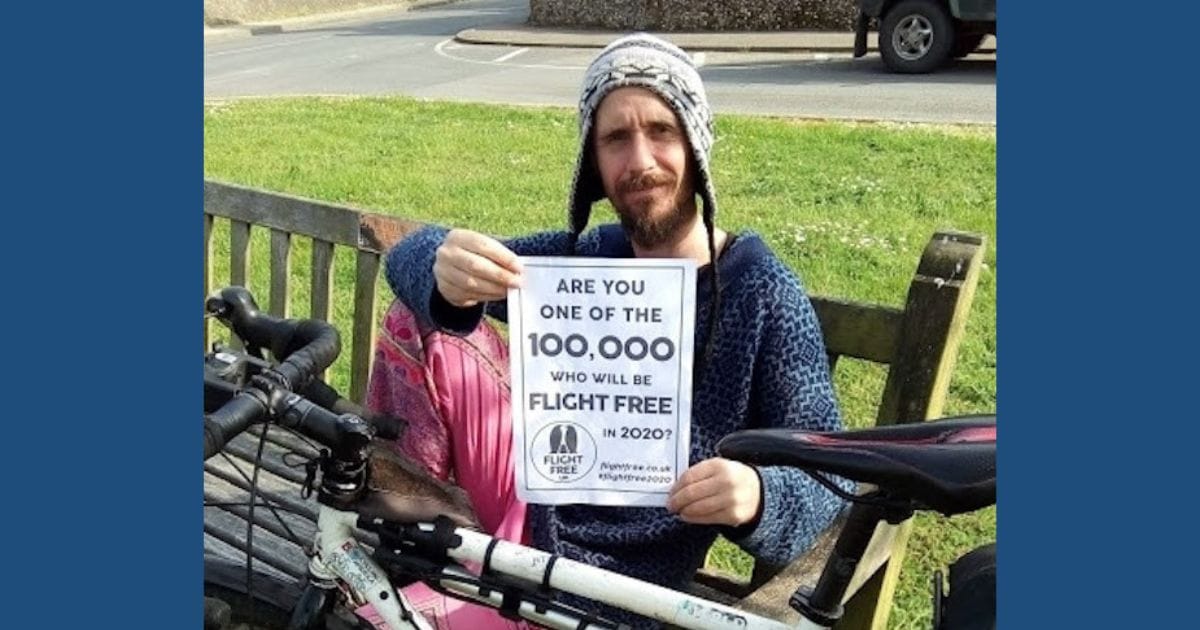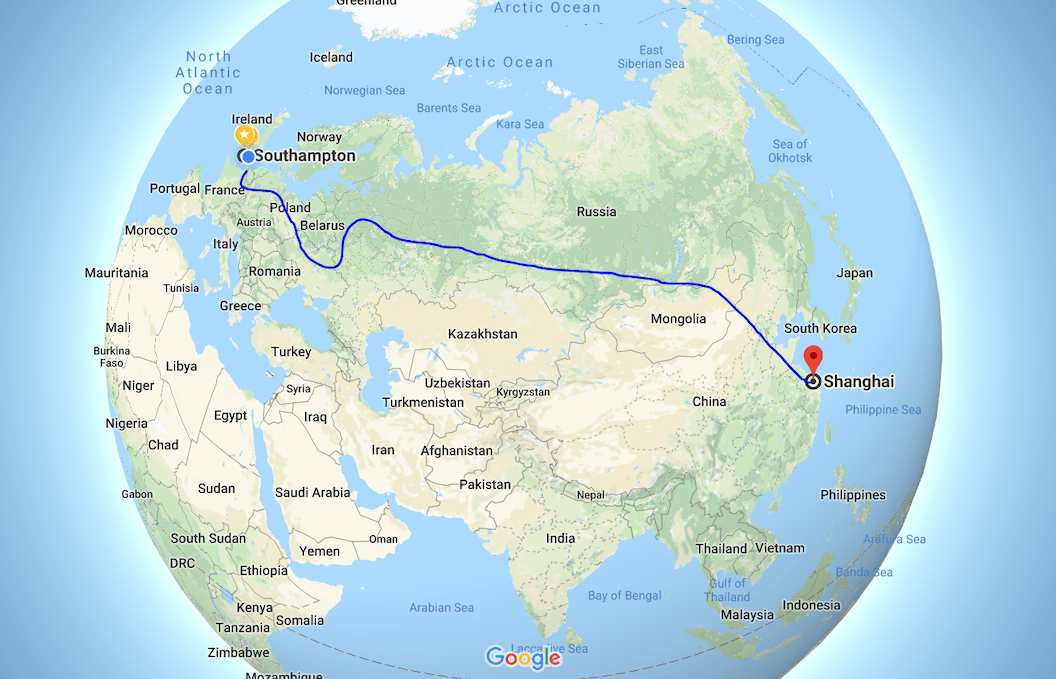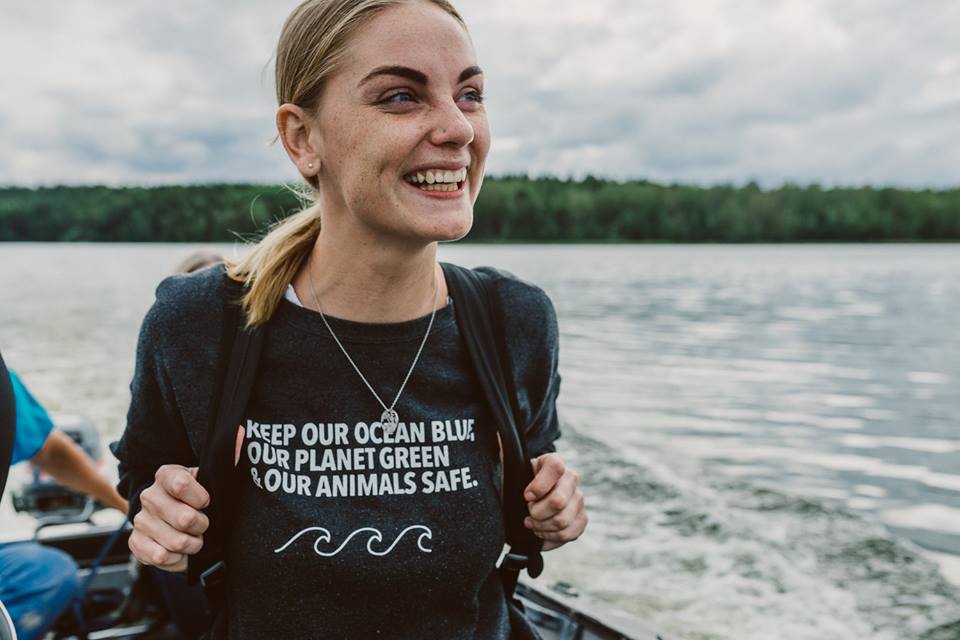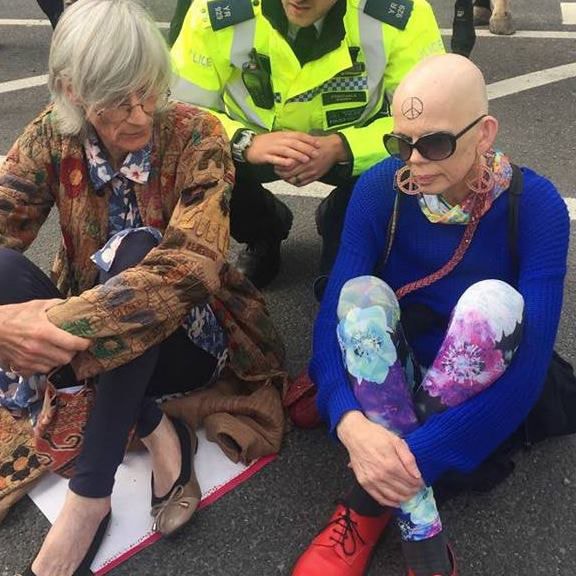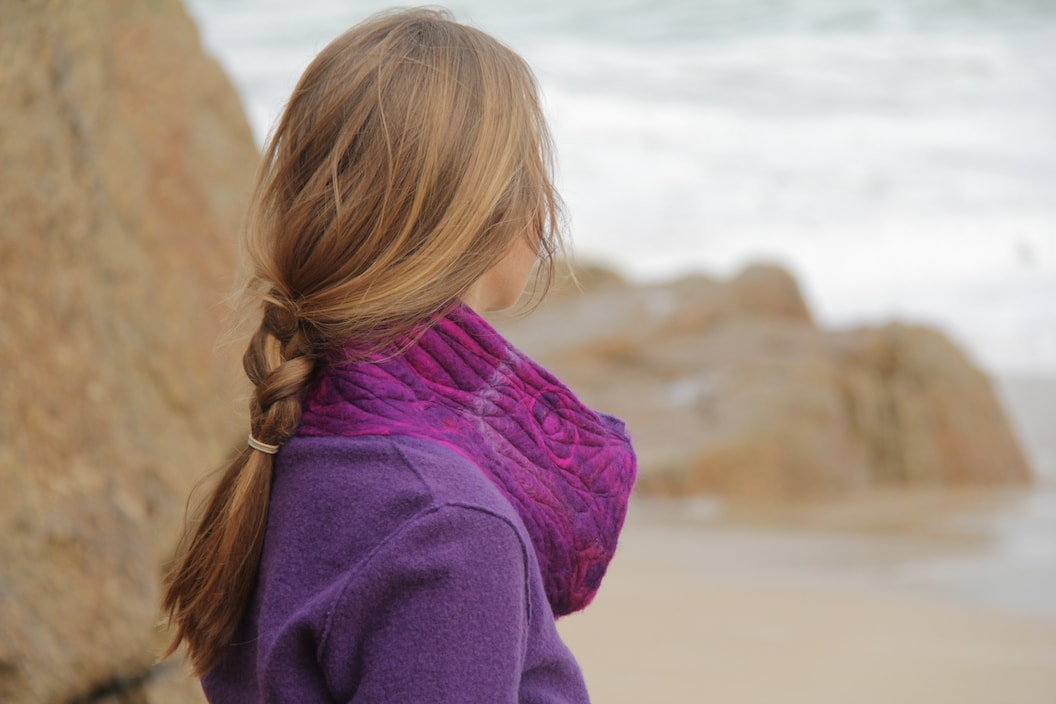
When we fell in love, we both worked hard in ‘caring’ professions, and going on adventures to the other side of the world was one of our treats. We thought we’d earned it.
We felt like responsible tourists, keen to explore local cultures and wildlife. Happy to tip local guides and to buy hand crafted items direct from local artisans without unscrupulous bargaining.
Then the magazine arrived. An article in ‘The Ecologist’ about the impact of flying.
How could flying be so bad and we hadn’t realised it? We couldn’t look the other way. So what did we do? We started carbon offsetting our flying. Planting trees that would absorb our CO2 and pump out oxygen in the process. It was a win, win.
We couldn’t look the other way. So what did we do? We started carbon offsetting our flying. Planting trees that would absorb our CO2 and pump out oxygen in the process. It was a win, win.
We felt better for a year or two. In effect we had thrown money at the problem but we hadn’t gone through any radical change of behaviour and we were still enjoying the same experiences, from wildlife safaris to snorkelling with turtles.
At one point, we had even been swimming around a reef that was 90% bleached coral and we made no connection with our own actions and what was happening in the oceans. I remember one friend (who flies more than us) commenting on how we always seem like we’re going on honeymoon as we visited places that many newly weds go.
In effect we had thrown money at the problem but we hadn’t gone through any radical change.
Then we read something else: one return long haul flight could undo all the CO2 saved by someone living off grid for a whole year. We talked about it, as we still do (but now with our son too). We didn’t feel OK about flying anymore. Trees take a long time to grow. This climate issue was urgent and we were banking on trees letting our emissions off the hook over the next 100 years, and they might not even last that long. So we decided we would stop flying altogether.
That was over 13 years ago. Honestly, we really missed it for the first few years and when our son turned out to adore wildlife so much, we felt mean that we had experienced things that we were not letting him do.
We were banking on trees letting our emissions off the hook over the next 100 years, and they might not even last that long.
However, he has never asked us to take him on that flight. He sees what is going on and he doesn’t want to fly. He would love to go on safari but thank goodness he hasn’t got the all too common mentality of “I’d like to see this lovely animal/place/culture before we make it extinct”.
The adventures didn’t stop. We love exploring locally and have had close encounters with wildlife near to our home as varied as wild boar, deer, many species of bird as well as dolphin and seals.
We typically travel to Europe by train once a year and we have had numerous incredible experiences with octopus and beautiful fish as well as owls, reptiles, birds and bats. All with really low tech equipment: good walking shoes/sandals and a snorkel. We have also travelled by train with our inflatable stand up paddleboards which was a new way to explore the coastline.
We enjoy our train journeys, usually incorporating a city stay en route in Paris or Barcelona, and having a sense of where we really are in the world. The journey is part of the holiday.
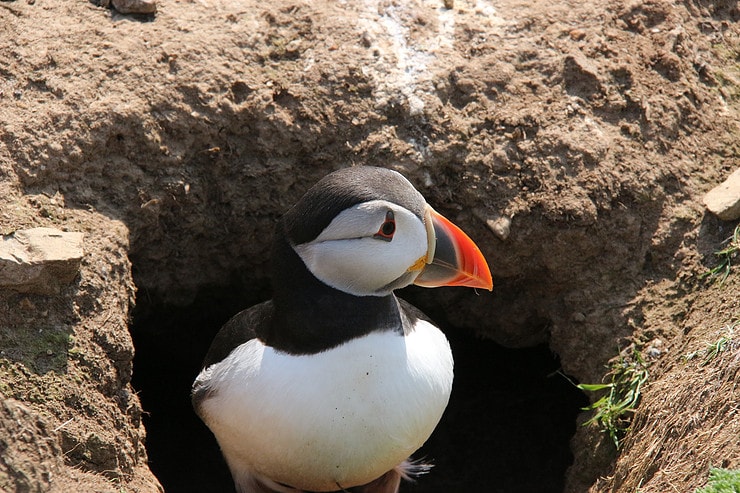
We have also given up work flying too. This was not such a big deal for us compared with many people, but it still matters. Giving up flying for work has a double impact and a triple impact if you also have a high profile job. In the words of Professor Julia Steinberger our “ripple effect” is even more important than our personal impact. If we stop flying and inform others why we are doing so then we can bring about more change than just changing our own behaviour.
If we stop flying and inform others why we are doing so then we can bring about more change than just changing our own behaviour.
When you offer alternatives or turn down something altogether because of flying, by its very nature you are then causing another organisation to think about flying and their business. This might be fleeting or it might be a game changer, so never doubt that saying no to one flight can have an impact.
There are three important questions to ask yourself:
- Do I believe climate change is real?
- Do I want to respond to it?
- Am I prepared to stop flying?
If the answer is yes to any of these, then educate yourself so that you really know why you are making this change – it will really help. Then look at what you’re going to add in and not just what you’re going to take away.
Have you always wanted to walk around the Cornish coast path, or immerse yourself in the Welsh mountains or escape to a Scottish loch? Explore new ways to travel. I thoroughly recommend www.seat61.org for train travel as he gives every route option imaginable as well as easy links for buying tickets.
This is a climate emergency and we need to change our behaviour individually and collectively now.
Linda Thomas makes luxury upcycled clothing at Linda Thomas Eco Design, based in Bristol. For more, visit her website.
